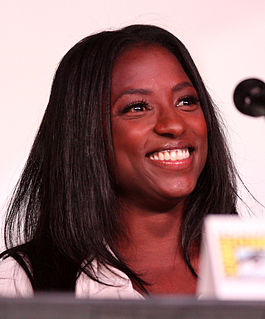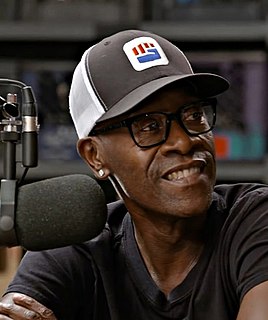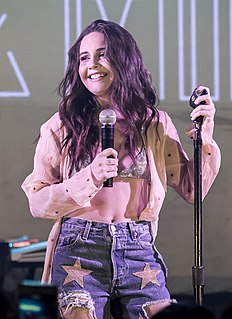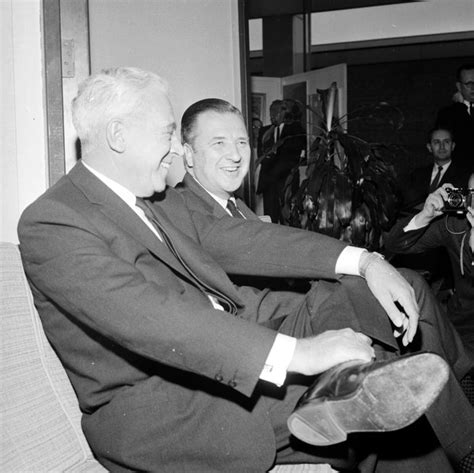A Quote by Rutina Wesley
I'm all about the crossover. The role doesn't necessarily have to be white or Latina or black. It could be anything. But it's hard in Hollywood, because sometimes it's all about the box office. Or all about looks and things like that. It's not about the story that they have to tell.
Related Quotes
The graphic novel? I love comics and so, yes. I don't think we talked about that. We weren't influenced necessarily by graphic novels but we certainly, once the screenplay was done, we talked about the idea that you could continue, you could tell back story, you could do things in sort of a graphic novel world just because we kind of like that world.
There's no reason why you can't say "August Wilson, playwright" even though all of my work, every single play, is about black Americans, about black American culture, about the black experience in America. I write about the black experience of men, or I write about black folks. That's who I am. In the same manner that Chekhov wrote about the Russians, I write about blacks. I couldn't do anything else. I wouldn't do anything else.
And it's not just black people. That's the other thing about this issue, it's conflated with just black and white and it's not that at all. It's diversity, it's something that looks more like the landscape of the country. And it's not about then we get the statues we deserve, it's not that. It's that everyone should be able to participate in this silly contest, which is how I feel about it.
Black Box is not a statement about injustice committed against Sephardi Oriental Jews or about the extremism of religious Jews or the lack of imagination of the old Israeli elites. It's a human story, in my view, first and foremost about a mystical communion between enemies. This is the inner story of the novel. This is my business as a novelist. It is not about positions and ideas.
Well, this is a story about books." About books?" About accursed books, about a man who wrote them, about a character who broke out of the pages of anovel so that he could burn it, about a betrayal and a lost friendship. It's a story of love, of hatred, and of the dreams that live in the shadow of the wind." You talk like the jacket blurb of a Victorian novel, Daniel." That's probably because I work in a bookshop and I've seen too many. But this is a true story.
I always wanted to have a young female artist that would tell me the truth about life and not only talk about the good things or the things that were exciting or interesting but also talk about the things that people in general are skeptical to talk about- the bad things that do happen. A good 50% of our lives is things that are happening that we're not necessarily super thrilled about and I feel like that's missing from pop music a lot of the time so my main goal is to be truthful about everything and not just specific things.
Katherine Johnson never complained, it just was what it was. She just said, "I just wanted to go to work and do my numbers." And she stopped right there. I think about that as a Black woman in Hollywood when I'm asked about diversity. I hate when people say diversity because the first thing you jump to is Black and white. When you talk about diversity, you're talking about women being hired in front of and behind the camera. You are talking about people with disabilities, the LGBTQ community...so I hate when people think about diversity.
On the contrary, it's because somebody knows something about it that we can't talk about physics . It's the things that nobody knows anything about that we can discuss. We can talk about the weather; we can talk about social problems; we can talk about psychology; we can talk about international finance gold transfers we can't talk about, because those are understood so it's the subject that nobody knows anything about that we can all talk about!




































